Religious-Based Homophobia and the Role it's Playing Around the World
While it is certainly true that discrimination against LGBTI people has existed in every segment of society, e.g., the legal, medical and educational professions, political leadership, and faith communities, we make this point to emphasize that religion alone has not been the problem. However, all of the world’s major religions share compassion as a major value and it would be reasonable to say that religion should be held to a higher standard. We need to practice what we preach.
In Canada, public opinion polls have shown that historically there have been two groups opposed to LGBTI human rights, and therefore LGBTI inclusion. The first is people who say they don’t know anyone who’s gay or lesbian, and because they don’t know anyone, they can believe the stereotypes and the lies. However, as people come out to family and friends and co-workers, the percentage of people who say they don’t know anyone who is gay has gone down, and our support has gone up. This reinforces the importance, and indeed, the power, of coming out, and it emphasizes the contribution that each brave individual has made to the advancement of human rights and inclusion. I once spoke to a group of grade 7 and 8 students and was asked by a young girl, “how can people say they don’t know anyone who is gay, there’s Will and Grace and Ellen.” This indicates how important public figures are in addition to family members, friends, and others who are known to be LGBTI. The second group that has historically been opposed is people who are opposed for faith-based reasons. The challenge faced by the world’s major religions is that they base their faith on sacred writings that were written thousands of years ago when there was not the depth of understanding of sexual orientation, gender expression or gender identity that we have today. Can you imagine if we based our legal or medical system on books written two thousand years ago?
Opposition to LGBTI human rights and inclusion in Canada is now predominantly faith-based. Research done by Outright Action International suggests that opposition to LGBTI inclusion in faith-based communities exists in almost every part of the world, although there are some regional variations, such as in Asia, where it’s more due to “family honour” and culture rather than religion or faith. (https://outrightinternational.org/reports/global-reach-so-called-conversion-therapy)
But, as I’ve talked to activists from many parts of the world, very consistently and very loudly, they say that the main opposition is religious-based homophobia. Rather than fighting for legislative change, which is important, RFF will be focusing on changing the hearts and minds of people of faith who are opposed to LGBTI human rights and inclusion because of religious based teachings. Our goal is to make families and local faith communities safe.

